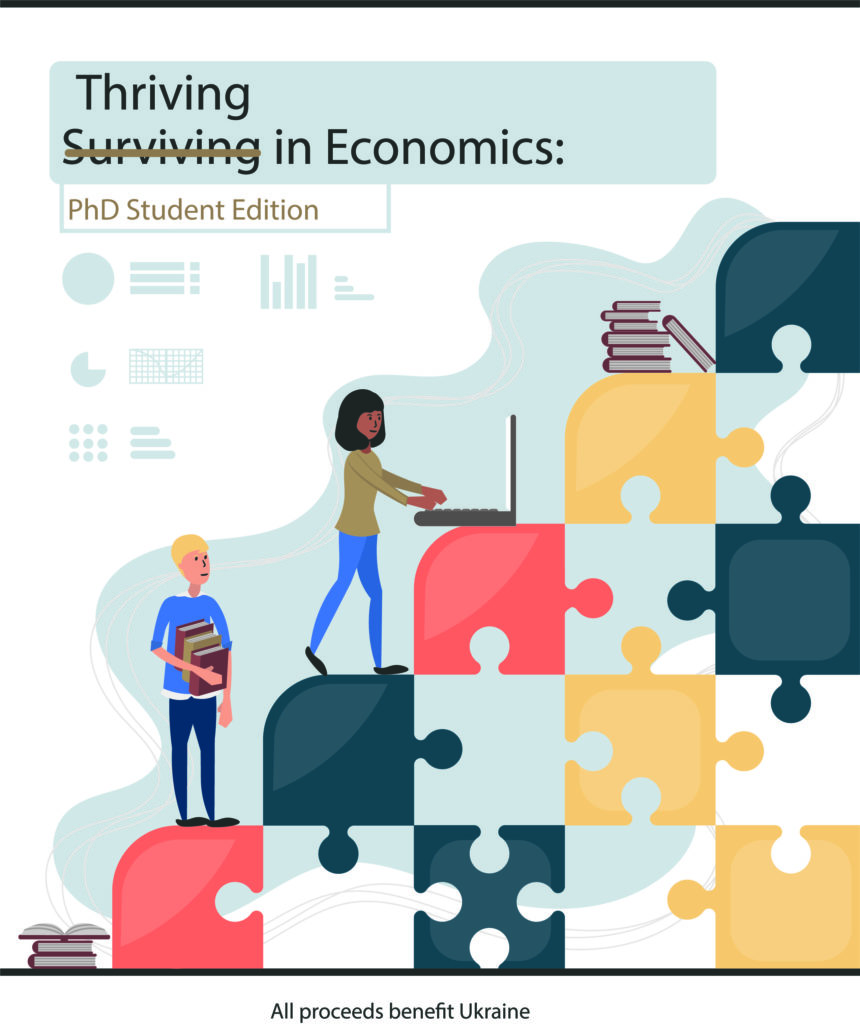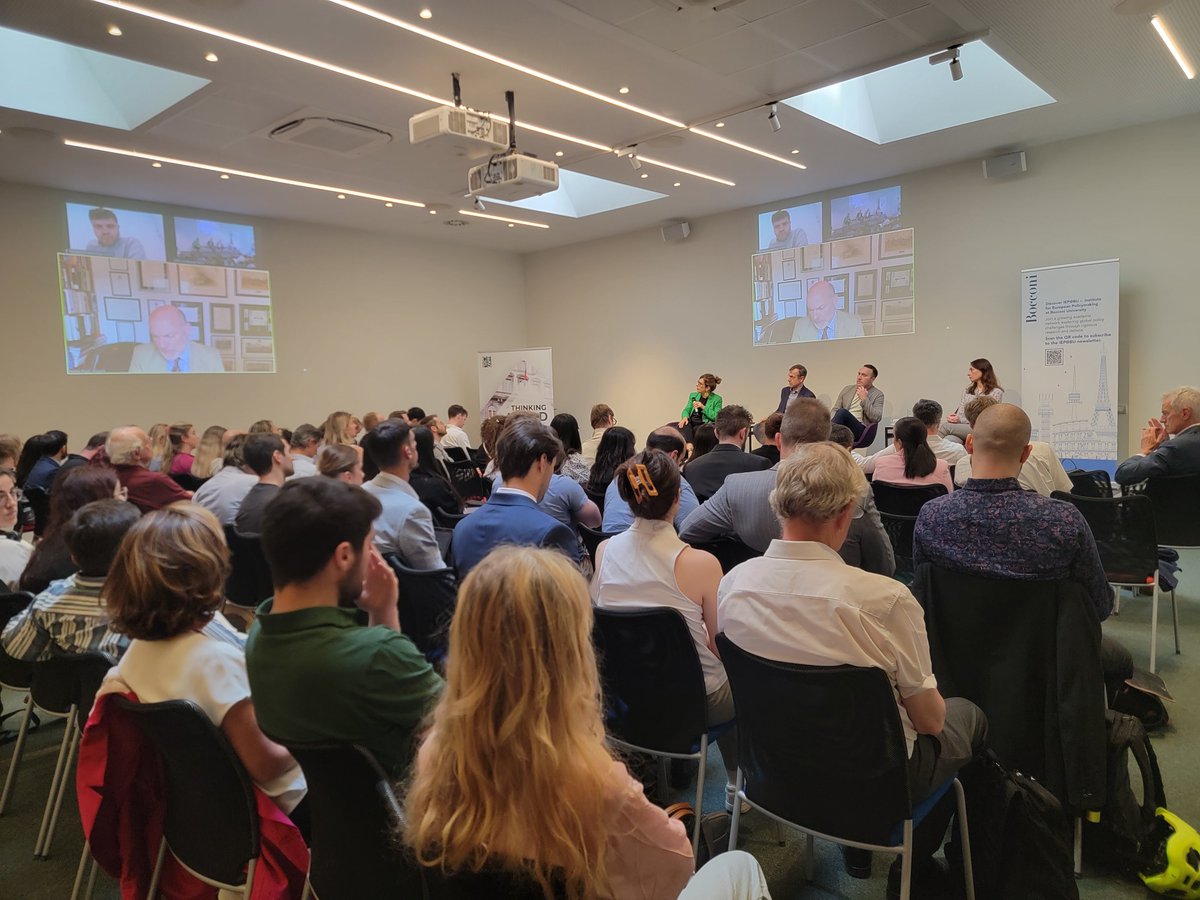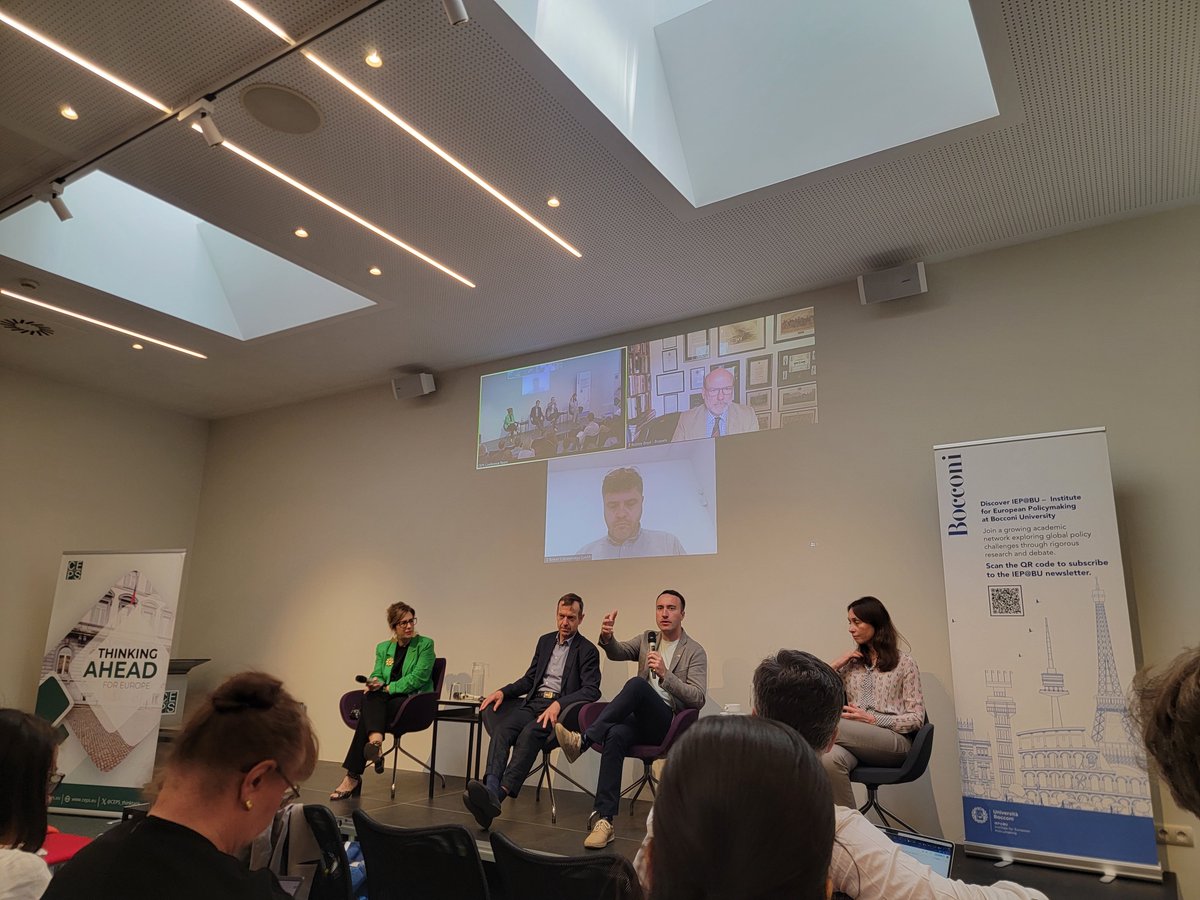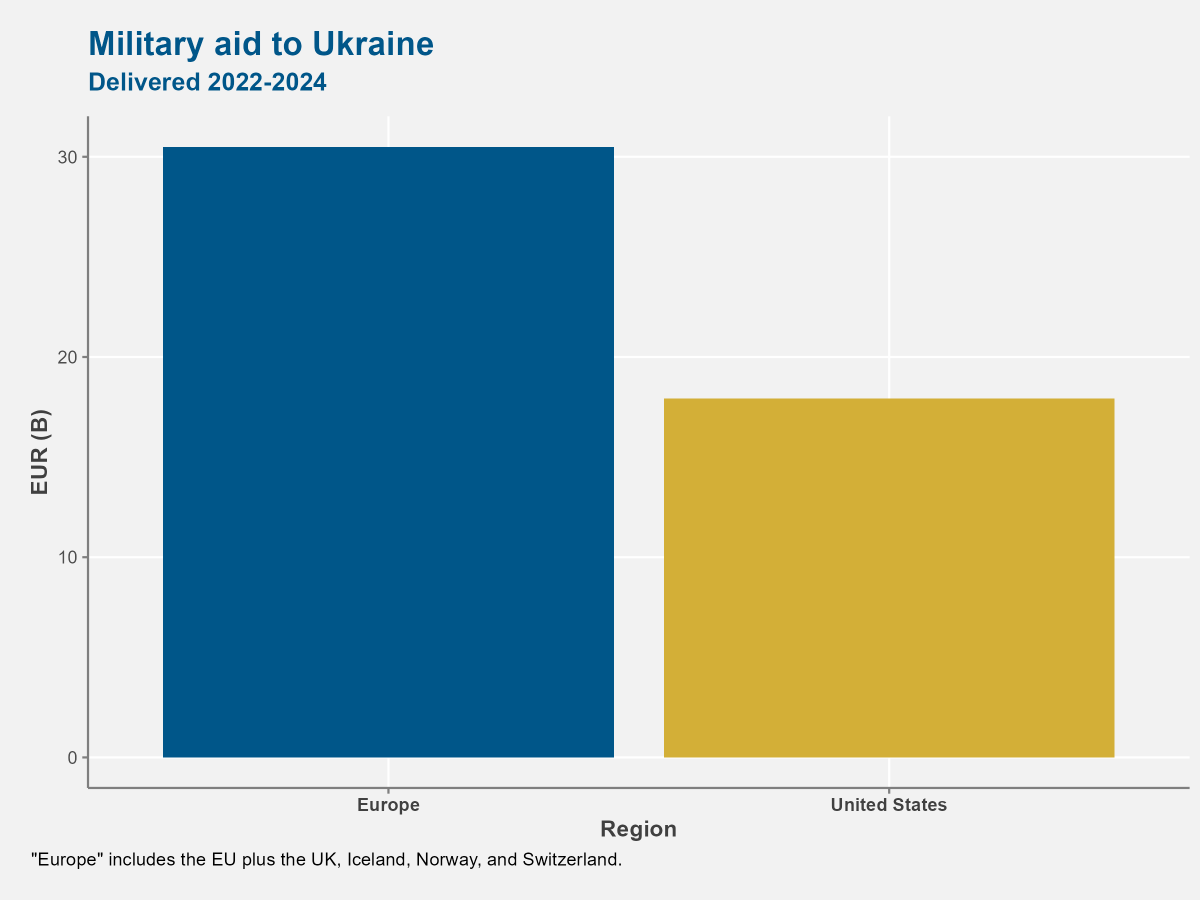Economists for Ukraine
@Econ4UA
A global non-profit leveraging economic expertise and tech to end Russia's invasion, support Ukrainians, and rebuild.
📉Econ4UA leadership team member and @UCBerkeley finance professor @AnastassiaFedyk was recently interviewed by @dwnews about Trump’s threats to impose secondary tariffs on countries that trade with Russia, such as China and India. Watch here: youtu.be/oWg2M-W_45c?si…
Did you know @Econ4UA offers professional resources? Our “Thriving in Economics” e-books and job market workshops cover all career stages—from choosing a PhD program to getting tenure. Plus, all proceeds go to humanitarian aid! 📚E-books: tinyurl.com/thriving-econ 🧑🏫Workshops:…

🔍What are the consequences of the 2nd Trump term for #Ukraine? Econ4UA’s @YGorodnichenko explores the economic risks—and why Europe must step up to replace US aid—in his chapter “Ukraine and Europe” for a new @cepr_org eBook. #econtwitter Read more: tinyurl.com/ukraine-and-eu…

🚑Thank you to all who donated to our fundraiser for life-saving medical aid for front-line Ukrainian defenders! We raised $4,250—with the match, that’s $8,500! The tourniquets have been shipped and will soon be delivered by local volunteers to units in Kharkiv facing shortages.…
📊Economists for Ukraine will be presenting three papers authored by our leadership team members at the @Econ_Modelling 2025 Conference—“Ukraine: Economic Insights for Future Policy Actions.” 📅The conference will be held at @tcddublin on August 25-26. Full program:…
💡Last Friday, leadership team member @hodsonlabs presented our research at a @CEPS_thinktank/@iep_bu event in Brussels. @Econ4UA has now assessed not just US aid to Ukraine but also European aid—valuing Europe’s military contribution at 75% higher than that of the US. Watch…



‼️This 4th of July, help save lives. A generous donor is matching all donations to our fundraiser—up to $10,000—through the weekend. Your gift will help us send medical-grade CAT-7 tourniquets to front-line Ukrainian defenders in Kharkiv. Donate now to double your impact:…
“I lost my leg in the Bakhmut direction... stepped on a mine…” This is part of a conversation with a Ukrainian soldier shared on Svidok.org. @SvidokUkraine (which means “Witness”) is Ukraine’s largest archive of war testimonies, created by @Econ4UA and @AI4Good.…

@Econ4UA has compiled proven examples of Russian lies about its wars, broken treaties, election interference, and assassinations. Given US efforts to promote negotiations, it is worth reviewing this history—Russia won’t stick to a peace agreement that isn’t backed by force. Read…
New article by @Econ4UA leadership team member Tatyana Deryugina argues that diverting attention from Ukraine to conflicts in the Middle East could embolden autocracies. To prevent global conflicts from multiplying, liberal democracies must strengthen their support for Ukraine.…
📢This Friday, leadership team member @hodsonlabs will present new research by @Econ4UA at an event in Brussels held by @CEPS_thinktank and @iep_bu. The study finds that the real value of European aid delivered to Ukraine is much lower than official figures. 📅 July 4 🕒…
Research by @Econ4UA found that the real value of US military aid to Ukraine in 2022-2024 was $21 billion—a fraction of the official figure of $67 billion. This is partly because the DoD didn’t account for the depreciation of old weapons from stockpiles, like the Stryker APC.…

‼️Unique opportunity! A generous donor is matching all donations to send medical aid to Ukrainian defenders—up to $10,000. Please help us take advantage of this chance to send as many CAT-7 tourniquets as possible. Donate now to double your impact—and save more lives:…
Economists for Ukraine leadership team member @YGorodnichenko moderated the keynote lecture by @krogoff at the research conference “Economic and Financial Integration in a Stormy and Fragmenting World,” hosted by @NBUkraine and @nbppl in Kyiv on June 19-20. Watch here:…
A new paper shows the impact of the war on research productivity in Ukraine. After 2014, publication output in occupied regions fell by 20%, the number of PhD students declined, and the average number of co-authors decreased. It is vital to support Ukrainian researchers. Read…